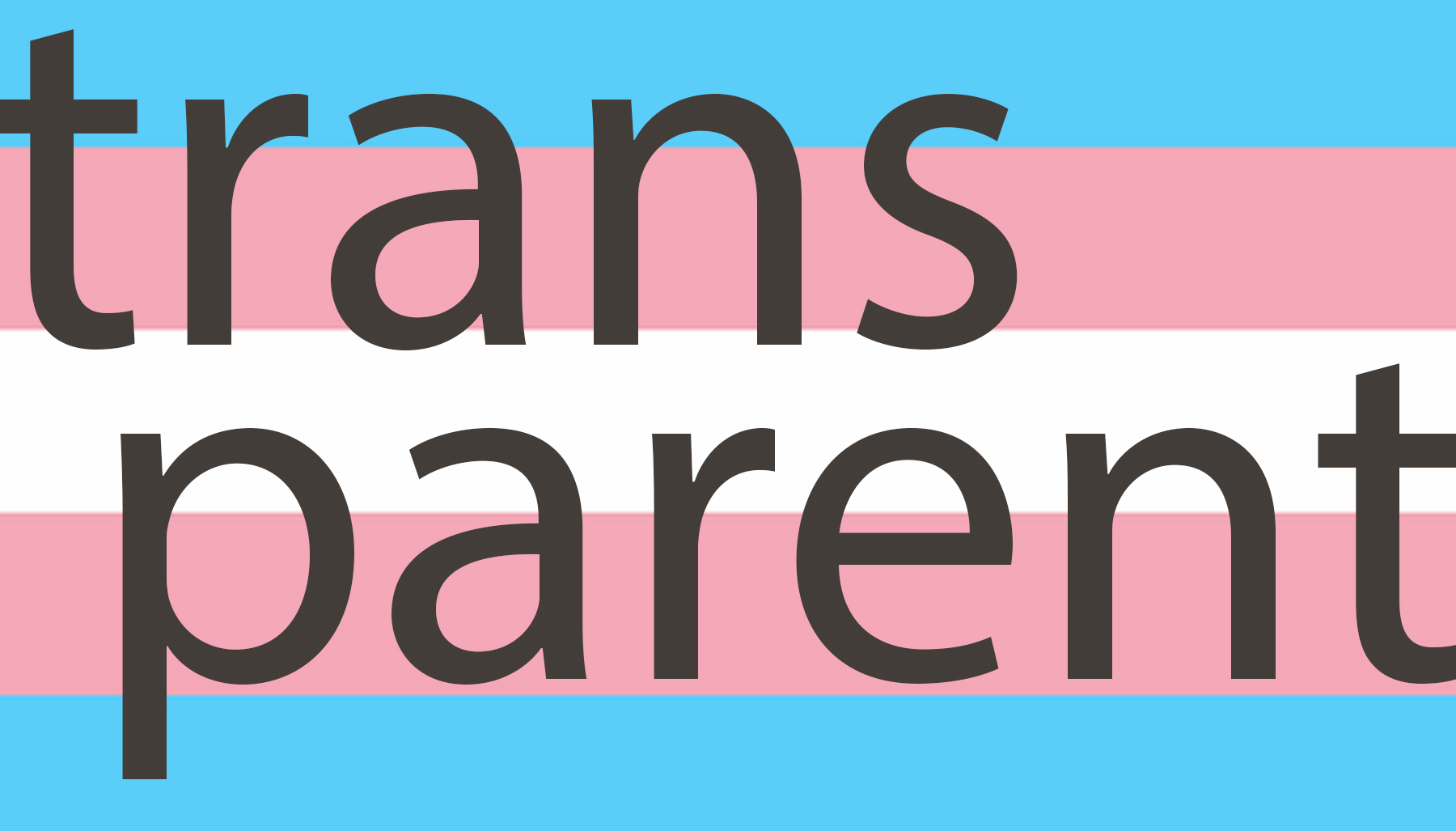
Why you shouldn’t be worried when asking about pronouns
By Jasper Griswold, Columnist
Being the beginning of the semester, I’ve had to introduce myself many times. I’ve introduced myself to my classes, individual students, and in clubs. A lot of people don’t put a lot of thought into introductions, I’m sure. You give your name, maybe your major, maybe a fun fact about yourself… But to me, they’re a bit of a big deal. Whenever I introduce myself, I give my pronouns. It doesn’t matter if I’m asked to give them or not, I find it very important. If I don’t, maybe someone will think I’m a girl and call me “she,” which is extremely painful to have to hear.
When I do give my introduction with my pronouns when they aren’t explicitly asked for, I feel like I stick out. Like I’m drawing attention to myself. I know this is just my own thought process, and it isn’t necessarily the truth. I’m aware that most people wouldn’t think twice about it, but there’s a part of me that’s incredibly anxious about other people’s perception. I feel like the other people in the room are thinking negative things about me. I know I’m not the only trans person that thinks like this. I don’t want this anxiety. All I’m trying to do is get respected and referred to correctly, not seem like I’m trying to be different or needy. Yet every time I’m the only one calling out pronouns, I worry that my classmates are judging me and seeing me as overly sensitive. It puts an unnecessary spotlight on me, and I really wish my cis classmates would also share their pronouns. This way I wouldn’t be the only one.
I believe automatically sharing pronouns should be normalized. Pronouns are often shared at LGBTQ events, but rarely outside of that. This could be because it feels like a lot of cis people think they don’t have to share their pronouns. They think it’s “obvious” from their physical appearance. But how hard is it to take the extra few seconds to add in your pronouns? Sharing pronouns can be extremely beneficial in that it makes it easier for trans people who might be around to share their pronouns. Sharing your own pronouns is also a great way to learn other people’s pronouns, as they will often share theirs if you share your own. Finding out pronouns also helps to show that gender expression isn’t necessarily the same as gender identity. As gender identity and expression can differ, you can’t always tell a person’s pronouns just by looking at them. This helps show the diversity in humanity and blur the lines of gender that are defined by society. Lastly, if you ask for someone’s pronouns, you are less likely to mess them up. Whenever I mess up someone’s pronouns, I feel disappointed in myself. I know that I just hurt someone else, and that makes me feel a little guilty.
Now, if you do mess up someone’s pronouns, the best thing to do is apologize and move on. It can make it worse if you make a big deal out of it. To most of us, we know you just made a mistake and it wasn’t intentional, so we aren’t mad. But when you apologize and apologize it can get bothersome, and if you add something like “it’s just so hard” it becomes hurtful. If you talk about how hard it is for you, that means it’s hard for you to see us as our actual gender. Someone will likely dwell on that a lot more than a simple slip-up.
Here is a list of some suggestions and takeaways about pronoun sharing.
- Try to introduce yourself with your pronouns, every time. Practice if you feel like you’ll forget.
- Consider adding your pronouns to your email signature. Many TU staff members have done this, and several students as well.
- Asking someone “What are your preferred pronouns?” isn’t the best idea. It is better to ask them “What are your pronouns?” It is not the case that only cis people have pronouns and trans people only have preferred pronouns. “He/him or they/them” is my set of pronouns, and that is the only way in which I have people refer to me. That is not a preference, that is my identity.
- Lastly, don’t only ask the people you think are trans what their pronouns are. If there is someone you don’t know the pronouns of, it is better to introduce yourself with your pronouns and they will usually give their pronouns in turn. If they don’t, then you can ask them what their pronouns are.
This will not be a simple switch and it will take a lot of time and practice. But even taking the little steps mentioned here could help someone else feel more comfortable and less alone.

